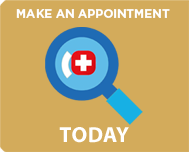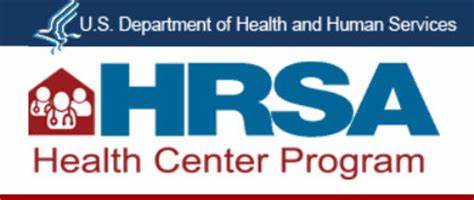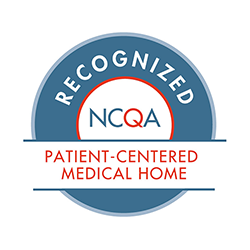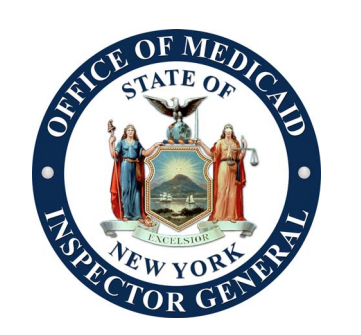Allergy
Our allergists work to get to know you, your medical history and your immediate needs.
Allergic reactions can range from mild — like a stuffy nose or an itchy rash — to severe and even life-threatening.
If your allergies are only a minor inconvenience, you’ve probably already found ways to work around them. For more serious reactions, though, it’s a good idea to seek help from an allergy expert.
At Long Island Select Healthcare (LISH), we have an allergist who can provide medical diagnosis and treatment for your environmental, contact or food allergies.What Are Allergies?
Having allergies means that your body overreacts to certain substances. Your immune system responds to their presence by triggering inflammation. This inflammation can cause uncomfortable, unpleasant or dangerous symptoms throughout your body.
Allergic reactions vary from one person to another. Yours might involve symptoms like:
-
Stuffed-up or runny nose
-
Skin rash, redness or swelling
-
Red, itchy eyes
-
Upset stomach with pain, vomiting or diarrhea
-
Swollen or tingly mouth or throat
-
Cough or shortness of breath
Sometimes, the trigger is environmental, such as tree pollen or pet dander. Other times, allergic reactions occur in response to foods that you eat. You may also have an allergic reaction after a particular substance, such as latex or laundry detergent, touches your skin.
Why See an Allergist?
Serious allergies can make it difficult to keep up with your daily activities. Making a doctor’s appointment to discuss your symptoms can help you reclaim your life.
If taking an over-the-counter medication now and then keeps your allergy symptoms mostly in check, then you probably don’t need to see an allergy doctor right now.
However, if the medication doesn’t do much to take the edge off of your sneezing and sniffling, then you might want to consult a professional. That’s especially true if your symptoms often lead to sinus infections.
Needing to take allergy medicine year-round is another reason to see a specialist. Most over-the-counter medications are best for short-term use. If you need them every day to function, then it might be a good idea to talk to your doctor about a different long-term plan.
Allergies can make it hard to breathe. You should get checked out if you frequently experience asthma symptoms like wheezing or tightness in your chest.
Food allergies that start out mild can worsen over time. If you suspect a food allergy, it’s a good idea to consult a doctor early on. The specialist can perform tests to determine whether you have an allergy or an intolerance, which will determine what lifestyle changes you need to make.
Some allergic reactions can’t wait for a doctor’s appointment. If you or a loved one experience an anaphylactic reaction with symptoms like a sudden drop in blood pressure, an inability to catch your breath, or a loss of consciousness, seek emergency care right away.
Preparing for Your First Appointment
The more prepared you are for your first allergy appointment, the better. Bringing details about your allergy experiences can help the doctor learn more about your triggers and symptoms.
Helpful resources include:
-
Your medical records
-
A daily log of allergy symptoms
-
A list of oral medications or topical creams that you use
-
Photos of rashes or other symptoms
You may need to avoid certain foods or medications for a few days leading up to your appointment. When you schedule your visit, we may have special instructions for how you should prepare.
What to Expect at an Allergy Appointment
Usually, our allergy services team will start by asking questions about your medical history and your experiences with allergies. This may be a good time to refer to your allergy diary and other documentation that you have prepared ahead of time.
You may need tests to determine more about what substances give you an allergic reaction. We might use:
-
Skin pricks
-
Blood tests
-
Challenge tests
-
Intradermal tests
Depending on the type of test, you may receive preliminary results right away, or you might have to wait a few weeks. Sometimes, a combination of tests may be needed. Allergy tests aren’t always 100% conclusive, so doctors must consider both test results and your medical history when making a diagnosis.
Ways to Treat Allergies
At LISH, our Allergists rely on a wide range of treatments. What works well for one patient won’t necessarily be a good fit for another, so we create a customized plan for each individual.
Managing your allergies may involve:
-
Avoiding exposure to allergens as much as possible
-
Using non-medical interventions like eyedrops or saline sprays
-
Reducing the amount of mold and dust in your indoor environment
-
Switching to a prescription allergy medication
-
Receiving allergy shots on a regular schedule
-
Taking sublingual immunotherapy tablets
-
Carrying an epinephrine pen for emergency situations
Your allergy plan may change over time. We may start with a few simple changes to your routine and, if needed, add in more medications later. Visiting our office on a regular schedule allows us to keep an eye on how you are responding to your treatment plan.
Schedule Your Appointment with a Suffolk County Allergist
You don’t need to let allergy symptoms rule your life. If allergic reactions are interfering with your daily activities, it may be time to see an allergist. The doctor can perform tests to determine the source of your reactions and then craft treatment plans to minimize your symptoms.
To learn about allergy services at LISH, call (631) 650-2510. You can also contact us digitally by filling out our online form.


















